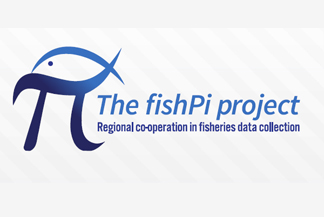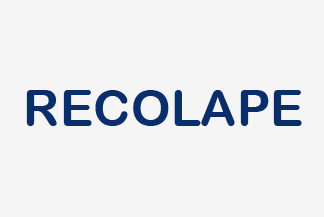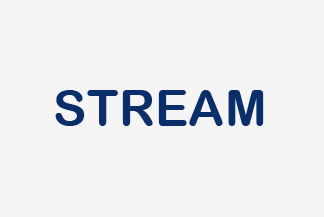Related Projects
Strengthening Regional Cooperation
These are the previous projects related to fisheries data collection that have already been completed.

04.2015-05.2016
fishPi was a research project with the aim of “Strengthening regional cooperation in the area of fisheries data collection”.
The project brought together over 40 experts from 13 scientific institutes in 12 countries (10 member states (MS)) and two internationally recognised survey design experts.
It was funded by EU MARE grant MARE/2014/19, with a 14 month timeline commencing in April 2015.
This project has trialled the way sampling designs would be developed in a regional setting and showed that collaboration and consultation is required at face to face meetings through regional groups that focus on a particular group of fisheries.
The project was the first step in this process and one of the main outcomes is the framework to take the process forward; developing data formats, data sharing agreements and easily accessible software for data sharing, checking and analysis, and for the simulation testing of sampling designs.
These designs are predicated on common data collection protocols and the use of the appropriate statistical estimators; the implementation of such designs would thus require the adoption of the standard survey sampling techniques and the use of common sampling and estimation routines by the sampling institutions.

12.2017 – 05.2019
The FishPi2 project bought together over 50 scientists from 14 institutes, from 10 Member States (13 countries and autonomous regions) in work package teams, to address biological data collection in EU waters.
The project consortium spanned the basins of the North Sea and Eastern Arctic and teh North Atlantic.
The project consortium reunited many of the participants of the fishPi project (see below) with additional participation from Regional Co-ordination Meeting North Atlantic (RCM NA) institutions.
The project built on the work achieved in the fishPi project, further strengthening regional cooperation, and has provided some clear guidance on the implementation phase of regional sampling.
The project team established close links with other successful consortia and the STREAM project in particular, thus building both within region expertise and facilitating pan-regional cooperation.
The report which documents the work conducted under the FishPi2 project is divided into a Summary Report, a series of related Annexes which contain more detailed material relevant to each WP; and ancillary R code.

2018-2019
RECOLAPE was a research project with the aim of “Strengthening REgional COoperation in the area of LArge PElagic fishery data collection”.
The regional cooperation should evolve from holding single meetings, Regional Coordination Meetings (RCM), to a continuous process involving a Regional Coordination Group (RCG) with increased responsibilities. The project was designed to help the Member States (MS) to build up experience in new areas of regional cooperation, to establish the Large Pelagic Regional Coordination Group (RCG-LP).
This should improve the coordination of the fishery data collection among the EU MS to support stock assessment and advice to the fisheries.
The project seeked solutions to various issues in data collection, identified by the scientists involved in the stock assessment by the tuna RFMOs (Regional Fisheries Management Organisations) and the RCM-LP.
The project was involved in several developments: the design of Regional Sampling Plans (RSPs) for large pelagic stocks, creation of tools and protocols for collecting new data around FADs (Fish Aggregating Devices), testing the alternative onboard data collection methods and the design of an appropriate regional framework to assess the data quality.
The results were disseminated using the regional consultation process; all the MS involved in the large pelagic data collection (irrespective of their participation in the project) identified points of consensus and/or disagreement.

12.2017-06.2019
The STREAM project aimed at providing Member States with the appropriate tools to accomplish regional/EU coordination in the collection of fisheries biological data in the Mediterranean and Black Sea.
It advanced innovative interdisciplinary approaches to support the establishment of regionalised ecosystem-based collection of fisheries biological data, thus providing beneficial inputs for the improvement of the assessment and management of marine resources, and the sustainability of EU fisheries.
It provided tools and develop adaptive strategies allowing the implementation of regionalised fisheries policies in the Mediterranean and Black Sea.
The project was 90% funded by the European Union (Grants for an action MARE/2016/22, Annex I “Biological data collection in EU waters”) and the team was formed by a consortium integrated by 12 institutions from 8 EU Mediterranean countries.